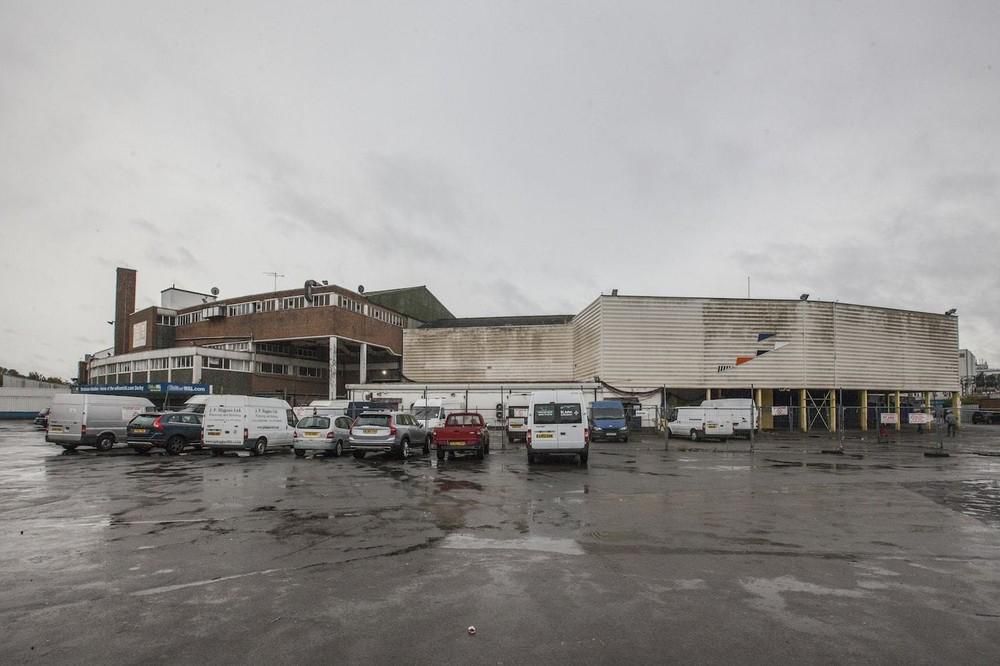18.03.2017
London tracks in Wembley, West Ham, Clapton, Hackney and, most recently, Walthamstow, have closed and Wimbledon — home to the Greyhound Derby and St Leger, the calendar’s biggest days — will be demolished and redeveloped as a football stadium to enable the Sky Bet League One club AFC Wimbledon to make a return to Plough Lane.
Next Saturday, 89 years after a greyhound called Ballindura won the first race at Wimbledon Stadium, the track will close in the latest sign that the sport is going to the dogs.
Wimbledon dog track
London tracks in Wembley, West Ham, Clapton, Hackney and, most recently, Walthamstow, have closed and Wimbledon — home to the Greyhound Derby and St Leger, the calendar’s biggest days — will be demolished and redeveloped as a football stadium to enable the Sky Bet League One club AFC Wimbledon to make a return to Plough Lane.
According to the Greyhound Board of Great Britain, bookies made £239 million in profits in the 2015-16 season, with racing every day from 10.30am and 9.15pm to suit the bookies. The sport employs about 7,500 people.
The board is calling on the bookies to “pay their dues” as it seeks to stop the rot and extract itself from the financial crisis that it claims puts dog welfare and the sport at risk.
Unlike horse racing, where the bookmakers contribute to the sport through a formal levy, betting shops make a voluntary contribution of 0.6 per cent of their retail betting turnover to the British Greyhound Racing Fund, most of which is passed to the board. The fund was launched by the bookies after betting duty was scrapped in 1992, when Norman Lamont, then chancellor, said he “expected” the betting industry to find a way of directing some of the duty money into greyhound racing.
These payments, which peaked at more than £14 million almost a decade ago, have fallen steadily to £7.2 million last year. The board said that, with costs rising, particularly in dog welfare, the bookies needed to “meet their moral responsibilities by contributing a small part of their increasing online profits to help pay for regulation”.
The board said that, despite pressure from government, talks with the bookies had failed. The only exception, it said, was Bet365, the online group, which was “contributing in full”. William Hill last month sold its dog tracks in Sunderland and Newcastle.
Tom Kelly, chairman of the Greyhound Board, said: “We are not asking for the moon. Ideally, we would like to return to 2008 levels, which at today’s prices would be in the region of £16 million — not a large sum in view of the value of the market. But they’re just not listening.”
The Association of British Bookmakers said that, on top of the £7 million paid to the fund every year, high street betting shops also contributed more than £27 million in media rights and a further £1 million in sponsorship and prize money.
One of the big betting shop operators said: “Like the rest of the industry, we are aware of the demands for more money but the Greyhound Board have yet to unveil a budget showing where the extra money would be spent and what it will go towards. We pay our levy and we are major investors in the sport.”

